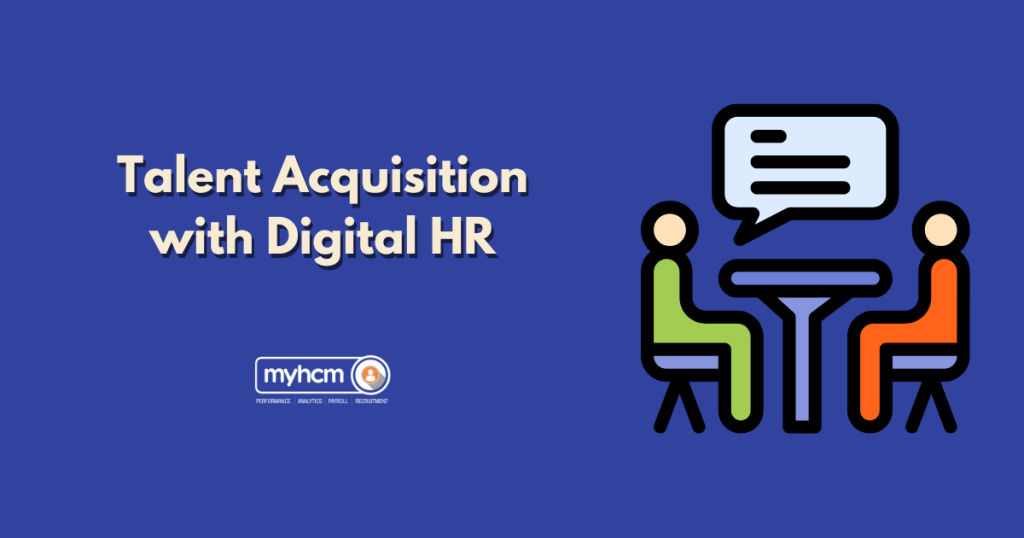In today’s fast-paced age, talent acquisition has evolved significantly. Traditional recruitment methods are no longer sufficient to attract and hire top talent. Digital HR has emerged as a powerful tool to streamline and optimize the entire talent acquisition process. This article explores how digital HR is transforming talent acquisition.
Understanding Digital HR
Digital HR refers to the integration of digital technologies into HR processes. It encompasses a wide range of tools and strategies, including HR software, social media, and artificial intelligence (AI). By leveraging these technologies, HR teams can automate tasks, improve efficiency, and make data-driven decisions.
Impact of Digital HR on Talent Acquisition
Digital HR has revolutionized talent acquisition in several ways:
- Enhanced Candidate Experience: Digital HR tools can provide a seamless and engaging candidate experience. Online application portals, automated screening processes, and personalized communication can create a positive impression on potential hires.
- Improved Employer Branding: Social media platforms and content marketing can help build a strong employer brand. By sharing company culture, values, and employee stories, organizations can attract top talent.
- Data-Driven Decision Making: Digital HR analytics can provide valuable insights into recruitment metrics, such as time-to-hire, cost-per-hire, and source of hire. This data can help HR teams make informed decisions and optimize their recruitment strategies.
- Automation of Routine Tasks: By automating tasks like screening resumes and scheduling interviews, HR teams can save time and focus on strategic initiatives.
- AI-Powered Recruitment: AI-powered tools can analyze large volumes of data to identify top talent, predict candidate behavior, and improve the overall quality of hires.
Key Digital HR Tools for Talent Acquisition
Several digital HR tools can be used to enhance talent acquisition:
- Applicant Tracking Systems (ATS): ATS software helps manage the entire recruitment process, from job posting to onboarding.
- Social Media Recruitment: Social media platforms like LinkedIn, Twitter, and Facebook can be used to reach a wider pool of candidates.
- Video Interviewing: Video interviewing tools enable remote interviews, reducing the need for in-person meetings.
- AI-Powered Chatbots: AI-powered chatbots can answer candidate questions, provide information about job openings, and guide candidates through the application process.
Conclusion
Digital HR has become an essential component of modern talent acquisition. By embracing digital technologies, HR teams can streamline processes, improve candidate experience, and attract top talent. By staying up-to-date with the latest trends in digital HR, organizations can gain a competitive edge in the war for talent.
